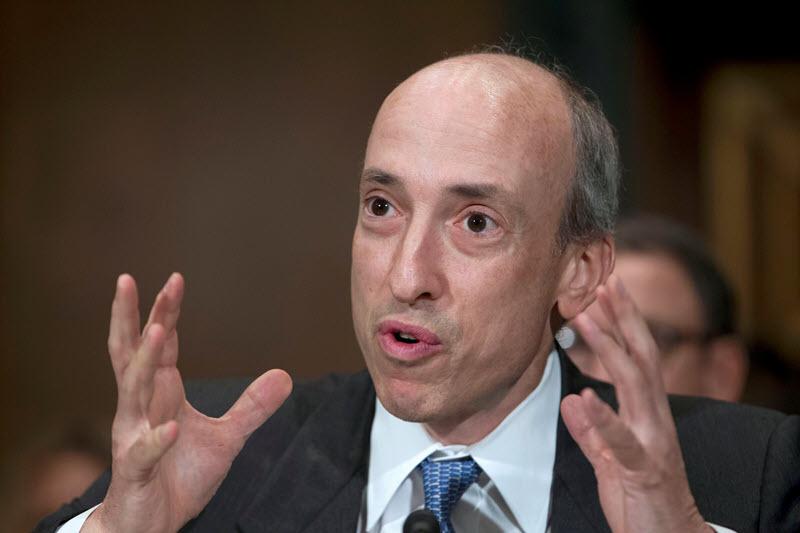Investing.com -- Sam Bankman-Fried (SBF), believed to be the mastermind behind one of the largest fraud cases in American history, was scheduled to be questioned by Congress in a hearing this week. Just hours before that date, he was arrested at his Bahamas residence, so the hearing did not take place.
While there were indications beforehand that SBF would not attend the hearing in person, he had agreed to a video link. This raises the question of why the authorities acted as they did.
Congressman Warren Davidson (R-OH), who also sits on the Financial Services Committee (FSC), has only one explanation. Regulators wanted the arrest to prevent the hearing from taking place.
It has been an issue many times in the past that SBF has a close relationship with SEC Chairman Gary Gensler. There have also been several recorded face-to-face meetings.
This was so noticeable that it was even brought up by Ripple in the SEC's lawsuit against the company. Why was SBF in and out of the SEC while other major crypto players had their agency doors closed?
Did personal relationships play a role? Such as the fact that Gary Gansler was a professor at MIT when Glenn Ellison was the head of MIT's Institute of Economics. Glenn Ellison is the father of Caroline Ellison, who was CEO of FTX offshoot Alameda Research and had an interim relationship with SBF.
Dailymail reported a 45-minute zoom video by SBF talking to Gary Gensler about starting a new crypto exchange, which gives the impression that the SEC chairman was SBF's personal advisor.
All of this may have prompted regulators to pre-empt congressional questioning by arresting SBF. Warren Davidson is convinced of this because Gensler would have had no control over the questions Congress asked and thus would not have been able to predict what SBF would testify to. Davidson stated:
"The best theory I have is that the SEC and other regulators didn’t want SBF to give his version of ‘so what were you doing with Gary Gensler in the Securities and Exchange Commission with all these meetings and interactions you’ve had with regulators?"
"He would have given his own side [to the question]. The regulators, the SEC, Gensler, and others would not have been able to filter the questions. They didn’t know where it would go. I think that was part of what drove some of the timing of the arrest.”
Attorney John Deaton called this a "very interesting perspective from a sitting member of Congress who sits on the FSC."





